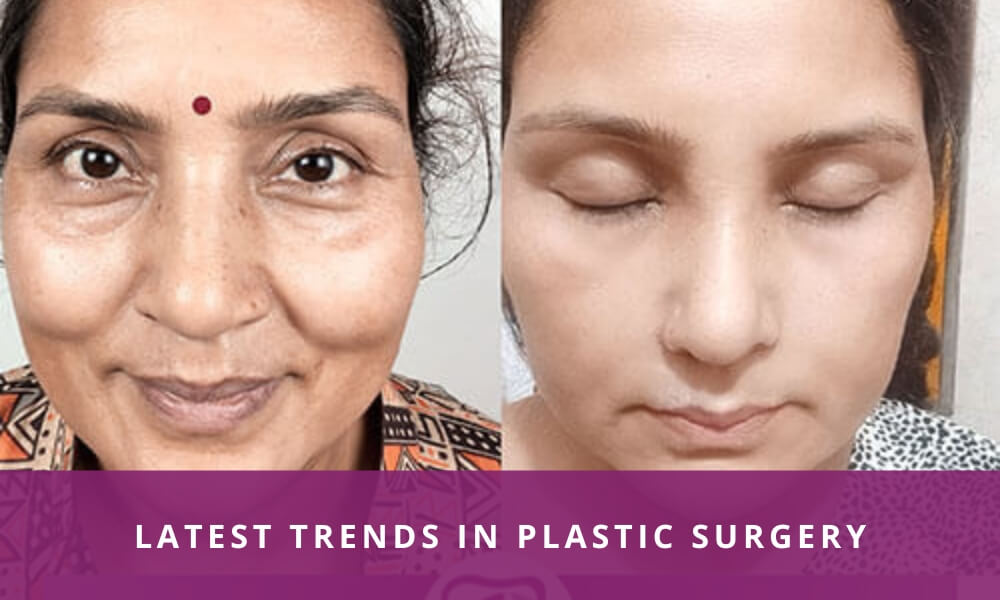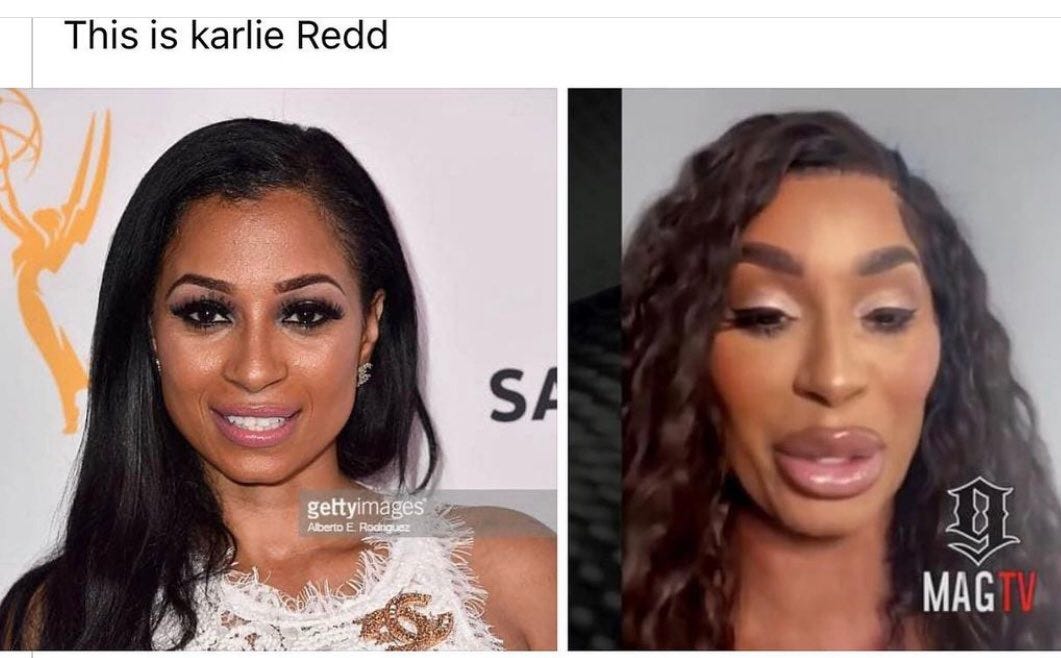Facelift Rancho Cucamonga: Smooth Wrinkles and Tighten Up Skin for a Youthful Look
Facelift Rancho Cucamonga: Smooth Wrinkles and Tighten Up Skin for a Youthful Look
Blog Article
Checking Out the Mental and Social Variables That Drive People to Consider Plastic Surgery as a Method of Enhancement
The decision to go after plastic surgery often prolongs beyond simple visual appeals, intertwining with social and mental dynamics that merit detailed assessment. Factors such as self-worth, pervasive social elegance standards, and the prevalent influence of social media sites merge to form specific motivations for medical enhancement. As these impacts come to be significantly famous, understanding the underlying social and psychological contexts is crucial. What stays to be explored is the profound effect these variables have not only on individuality however likewise on broader societal norms and values bordering beauty and approval.
The Role of Self-confidence
Self-esteem substantially influences an individual's choice to go after cosmetic surgical treatment. People with reduced self-confidence frequently view themselves in an unfavorable light, resulting in sensations of inadequacy regarding their physical look. This negative self-perception can drive them to seek surgical treatments as a method of improving their self-image. The desire for renovation in one's appearance is regularly connected to an idea that such changes will certainly boost their total self-respect and self-confidence.

Eventually, the function of self-worth in the decision-making process pertaining to plastic surgery highlights the complicated interaction between body photo, personal satisfaction, and mental health. Comprehending this partnership is crucial for medical care professionals to make certain that clients are making informed choices rooted in reasonable assumptions and emotional health.
Social Beauty Requirements
Influenced by pervasive media portrayals and cultural stories, social beauty standards play a crucial function in forming individuals' perceptions of their very own bodies. These requirements are frequently defined by an idealized kind of beauty that stresses attributes such as balance, youthful vigor, and slimness. As these ideals are perpetuated with numerous networks, including film, advertising, and television, people regularly internalize these messages, causing frustration with their natural look.
The effects of these social standards prolong beyond visual preferences; they can impact self-worth, mental health and wellness, and interpersonal partnerships. People that perceive themselves as dropping short of these requirements may experience feelings of insufficiency, triggering a need for cosmetic surgery as a method of attaining societal authorization. This pursuit is typically sustained by the belief that satisfying these perfects will improve not just physical look yet also social standing and individual gratification.

Impact of Social Media Site
The impact of social charm requirements is further magnified by the increase of social media systems, where curated photos and idyllic representations of appeal are common. Customers are regularly subjected to filtered and modified photographs, which often depict unattainable physical qualities. This direct exposure grows a society of contrast, leading people to analyze their own appearance against these often impractical criteria.
Social media site influencers and stars frequently advertise cosmetic treatments, stabilizing the idea that medical enhancements are a feasible methods for achieving societal perfects (plastic surgery rancho cucamonga). The visibility of these improvements can develop an understanding that undergoing plastic surgery is a common practice, thus influencing people to consider comparable interventions as a pathway to boosted self-confidence and social approval
Moreover, the interactive nature of social networks permits for immediate comments via likes and remarks, better strengthening the desire to comply with prominent charm standards. Such communications can worsen sensations of insufficiency and drive people toward cosmetic surgical treatment as a method of gaining validation. Eventually, social media plays a crucial duty in forming perceptions of beauty, which substantially impacts the decision-making processes bordering plastic surgery.

Cultural Point Of Views on Look
Throughout numerous societies, understandings of appearance are deeply rooted in historic, social, and financial contexts, forming people' sights on appeal and value. In several cultures, look acts as a Extra resources considerable marker of identity, affecting social standing, expert opportunities, and personal partnerships. As an example, in some societies, light skin is commonly related to wide range and opportunity, while others might glorify darker complexion as symbols of stamina and authenticity.
Moreover, conventional appeal standards are usually perpetuated through cultural narratives, media depictions, and household affects, leading to varying suitables across different regions (plastic surgery rancho cucamonga). In Western societies, the emphasis on young people and physical fitness frequently drives individuals toward cosmetic improvement, while in specific Eastern societies, more refined changes lined up with traditional visual appeals may be liked
Globalization and the expansion of digital media have actually further complicated these dynamics, creating a hybridization of beauty ideals that transcends geographical limits. As people increasingly browse these social stories, the pressure to comply with specific appearance requirements can bring about the wish for plastic surgery, reflecting a complicated interplay of individual aspirations and social worths. Comprehending these cultural point of views is essential in resolving the motivations behind plastic surgery considerations.
Emotional Impacts of Aesthetic Surgery
Several people looking for cosmetic surgical treatment record experiencing extensive mental impacts that can dramatically change their self-perception and psychological wellness - plastic surgery rancho cucamonga. The desire for physical improvement commonly stems from underlying concerns such as reduced self-confidence, body dysmorphic problem, or societal stress regarding charm criteria. For some, the instant post-operative stage can result in a temporary boost in positive self-image and fulfillment with their look, cultivating a sense of article empowerment
Nonetheless, these favorable feelings might not be withstanding. Study shows that while some people experience enhanced self-worth, others might encounter heightened stress and anxiety or depression if their assumptions are not satisfied. This disparity can develop from impractical ideals bolstered by media depiction and social stories bordering elegance.
Moreover, the psychological implications of plastic surgery prolong past the person. Relationships with family and pals may be strained as social dynamics change, causing sensations of isolation or alienation. Eventually, the mental impacts of plastic surgery are complicated and diverse, calling for cautious consideration by both potential people and health care companies to make sure enlightened decision-making and realistic assumptions.
Final Thought
Finally, the choice to seek plastic surgery is considerably affected by a mix of self-worth concerns, social beauty standards, and cultural viewpoints on appearance. The prevalent reach of social media better aggravates these stress, advertising unrealistic ideals that individuals typically aim to achieve. Understanding these mental and social variables is essential for attending to the motivations behind article plastic surgery, highlighting the requirement for an extra nuanced discussion surrounding appeal and self-acceptance in contemporary society.
The decision to seek cosmetic surgical treatment commonly expands past mere appearances, intertwining with mental and social characteristics that warrant comprehensive assessment. Inevitably, social media plays a crucial function in forming assumptions of elegance, which substantially affects the decision-making procedures surrounding cosmetic surgical treatment.
As individuals progressively browse these social stories, the stress to adjust to specific appearance criteria can lead to the need for cosmetic surgical treatment, reflecting a complex interplay of social worths and personal ambitions.In final thought, the choice to seek cosmetic surgical procedure is dramatically affected by a mix of self-worth issues, societal appeal standards, and cultural point of views on look. Understanding these social and emotional variables is vital for resolving the motivations behind cosmetic surgery, highlighting the demand for a more nuanced conversation surrounding charm and self-acceptance in modern society.
Report this page